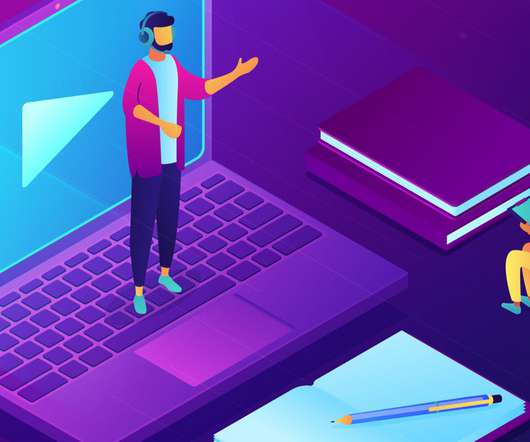Reflections on 50 years of Game-Based Learning (Part 3)
Edsurge
JANUARY 3, 2023
While there is still work to do in closing the digital divide, access is becoming less of a limiting factor for game-based learning. New Technologies The future of game-based learning will undoubtedly be impacted by the emergence of powerful new technologies—cloud-based computing, 3D game-creation engines (e.g.
















Let's personalize your content